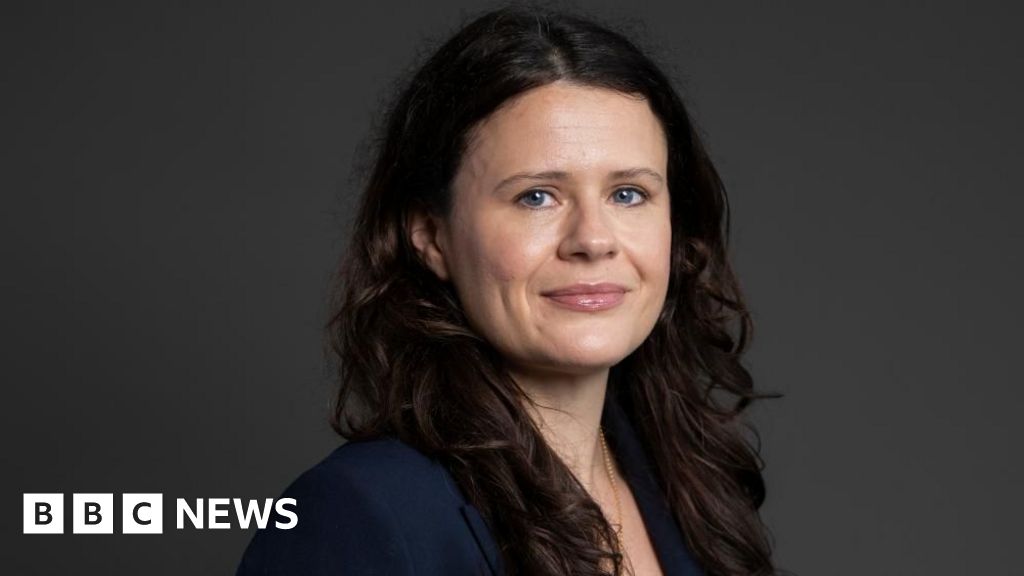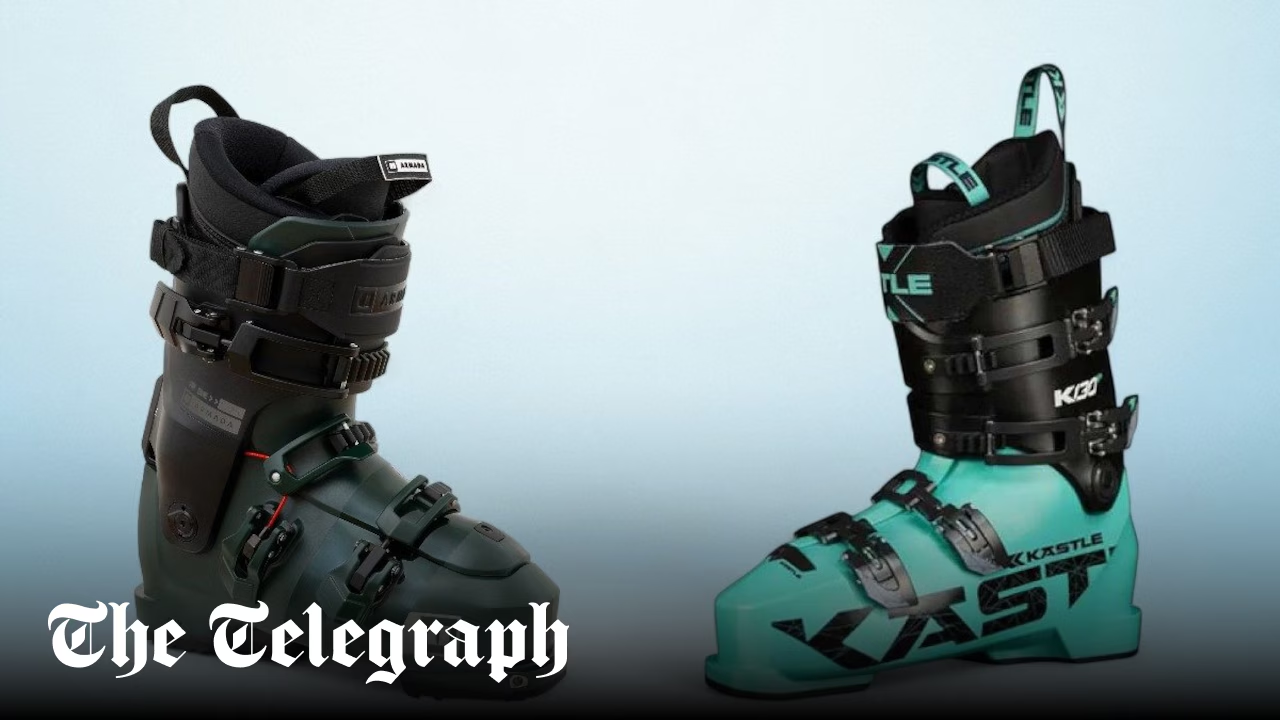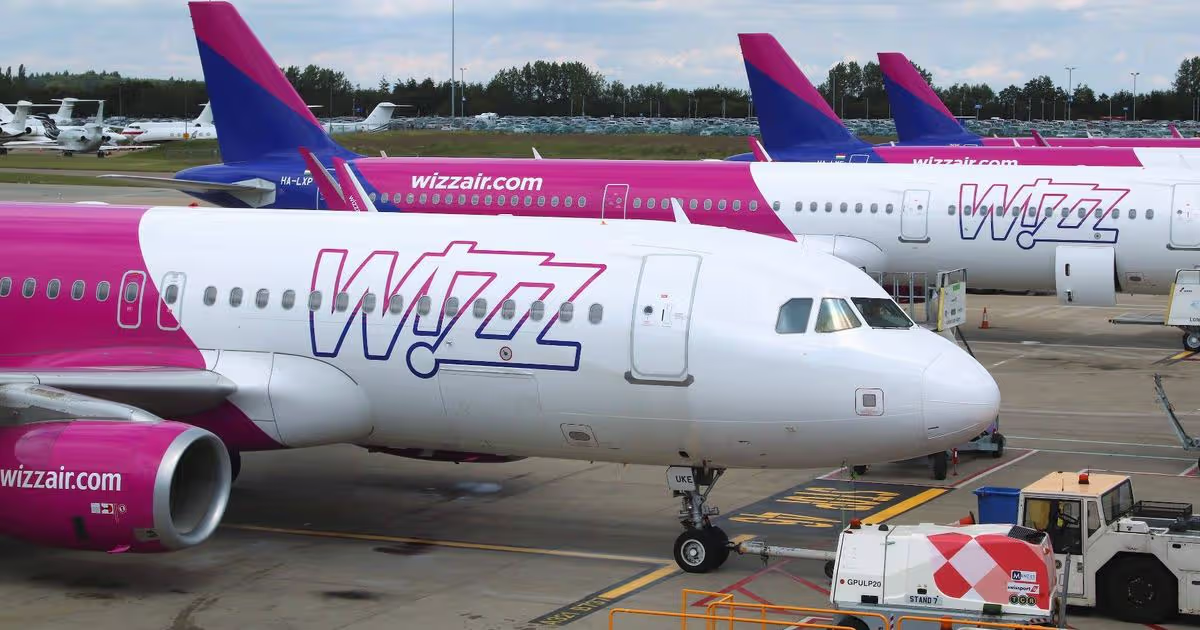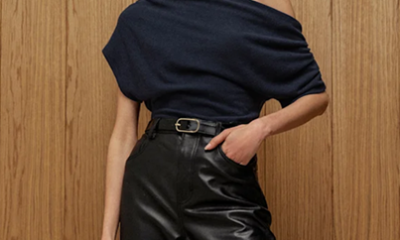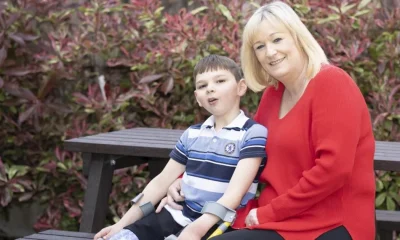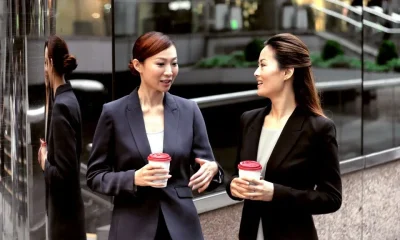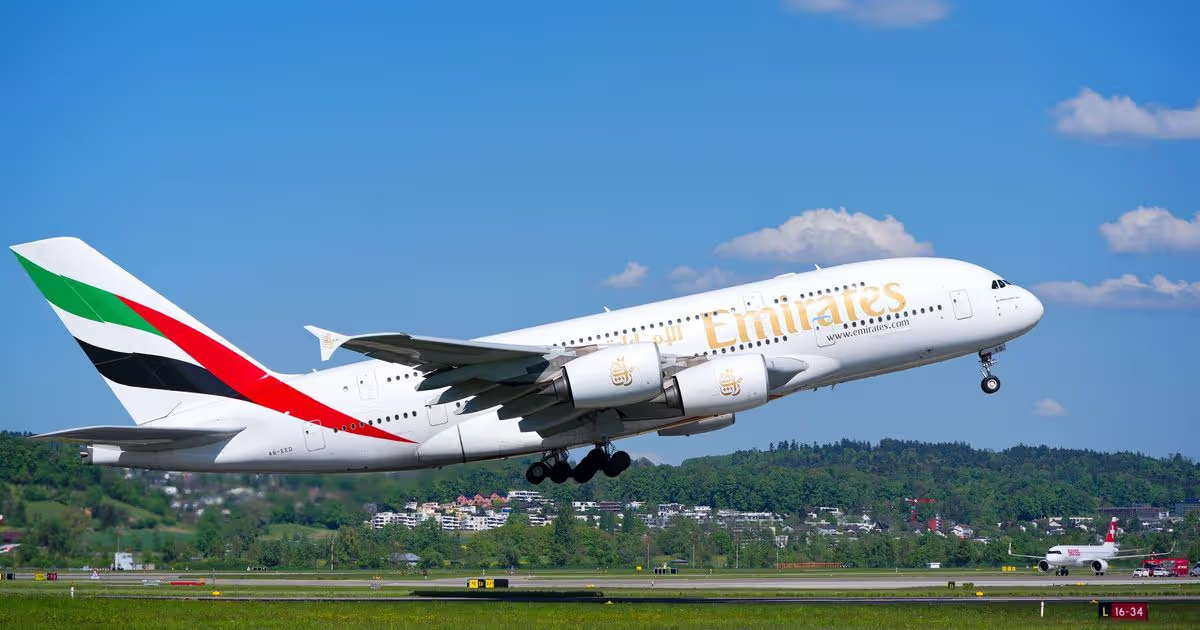Concerns about living in a “post-truth” society – where evidence struggles to compete with misinformation, ideology and emotion – are now familiar. From vaccine hesitancy to climate change denial, public debates increasingly hinge not on a lack of information, but on how people judge evidence, expertise and uncertainty.
These concerns are often framed as a problem of facts. But a deeper issue may be at play – whether people have the skills to weigh competing claims, understand uncertainty and decide what counts as good evidence. Our new research suggests that science education could play a far bigger role in shaping those skills than is usually recognised.
Many philosophers and educationalists have argued that education plays a central role in preparing citizens to navigate an uncertain world. Today, organisations such as Unesco, the UN body for education, science and culture, are grappling with how schools and universities can respond to rising misinformation and declining trust in expertise. Higher education institutions and academics are attempting to find practical solutions to this challenge. Public concern often focuses on people rejecting scientific conclusions outright.
But the deeper challenge is epistemic: difficulty judging what counts as good evidence, how confident we should be in claims and when disagreement is legitimate rather than conspiratorial.
Our findings suggest science education – even for students who go on to study non-science subjects – may be crucial in shaping these abilities.
Using linked administrative data from more than 8,000 pupils in the UK, we examined achievement in GCSE science at age 15. We then looked at how this related to outcomes in the six most popular post-16 subjects: maths, biology, history, chemistry, English literature and physics.
Some results were expected. Students who achieved the equivalent of an A or A* in GCSE science were significantly more likely to go on to gain strong grades in science A-levels. But what surprised us was how far this effect extended beyond science.
À lire aussi :
Post-truth politics and why the antidote isn’t simply ‘fact-checking’ and truth
High-achieving GCSE science students were more likely to achieve higher grades in every one of the six subjects we studied, including humanities. Even more strikingly, GCSE science turned out to be a stronger predictor of later success in history and English literature than GCSE maths. It was also a stronger predictor of success in history than GCSE English language (or Welsh language in Wales).
That matters because GCSE English language and maths are routinely used as determinants for post-16 education. Science rarely is. For decades, maths and English have been treated as the foundations of academic progress and employability. Science, by contrast, has often been justified mainly in economic terms – as a way to produce future scientists and fuel innovation.
Our findings suggest something broader is going on.
What is science education really doing?
Science education appears to be doing more than teaching just subject knowledge. It seems to help develop transferable ways of thinking that support learning across disciplines.
Educational researchers have long argued that science classrooms cultivate skills such as evaluating evidence, reasoning about cause and effect, handling uncertainty and distinguishing claims from data. In a world shaped by science and technology, these abilities increasingly matter in almost every career, and in everyday civic life.
Success in science at age 15 seems to signal – or help build – forms of reasoning that support later achievement. These skills matter in subjects like history and English, where students must weigh sources, construct arguments and interpret complex information.
This fits with wider research showing that scientific reasoning is linked to better judgement of misinformation. It is also associated with a stronger grasp of risk and probability, and a more nuanced engagement with expert disagreement. In a post-truth context, these skills may be just as important as subject-specific knowledge.
Copyright Lawrey/Shutterstock
Implications for a post-truth society
This has implications for how science is taught and defended. If science education really does foster transferable ways of reasoning, curricula that prioritise experimentation, argumentation and uncertainty may matter more.
So too does teaching the nature of scientific knowledge, rather than relying on rote learning. Reducing science to memorisation risks stripping away precisely the features that seem to deliver long-term benefits.
Our findings also raise broader questions. How explicitly are these forms of reasoning made visible to students? Are assessments capturing them? And could non-science subjects draw more directly on the epistemic practices that science helps to cultivate?
Science education may need to do more to articulate its connections to other disciplines. History, English and other subjects may benefit from making shared ways of thinking more explicit.
In an increasingly polarised, misinformation-rich public sphere, the value of science education should not be judged solely by how many future scientists it produces. Our research suggests its influence is wider and longer-lasting: helping young people develop tools for thinking that support learning and judgement across many areas of life.
If we are serious about addressing the challenges of a post-truth society, science classrooms may be one of our most important – and underappreciated – starting points.




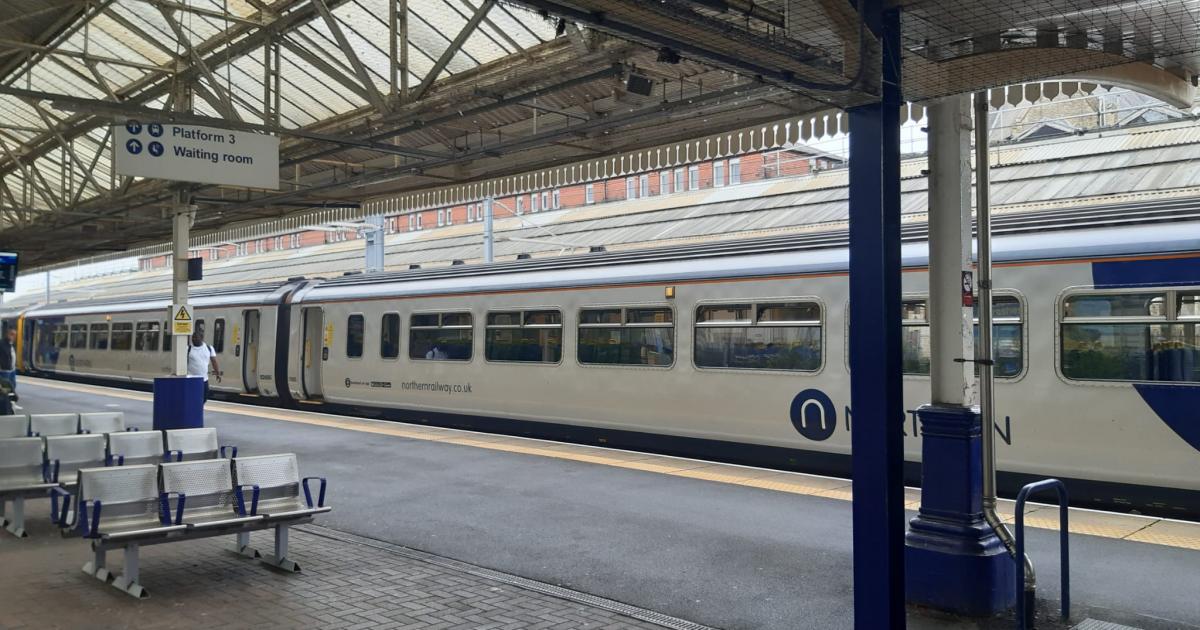



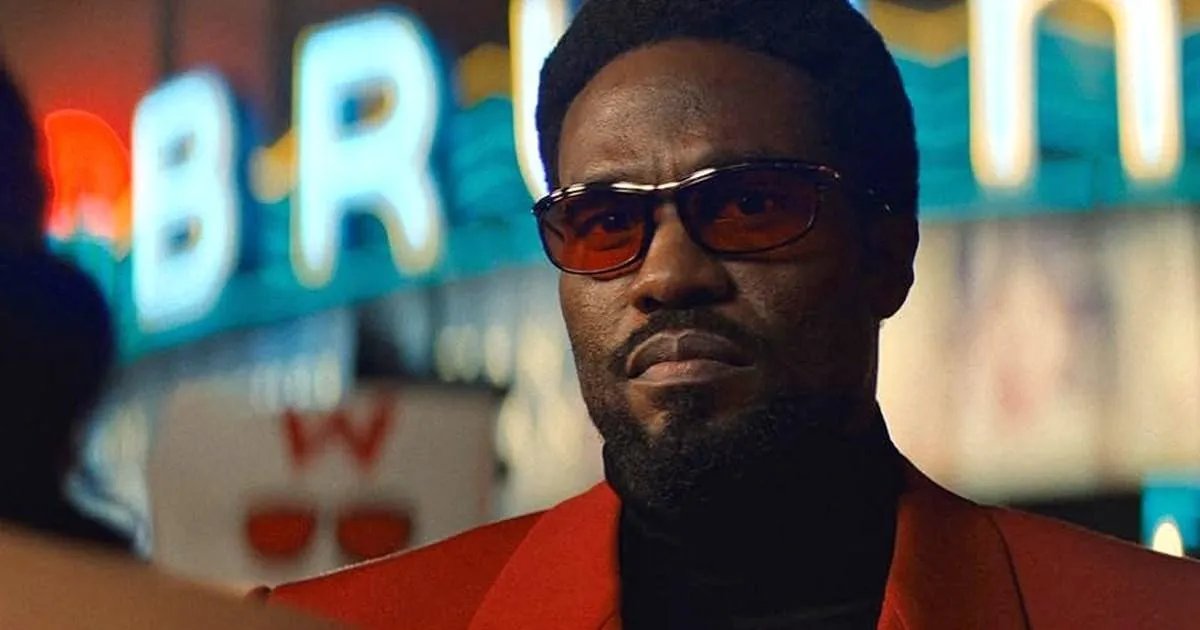


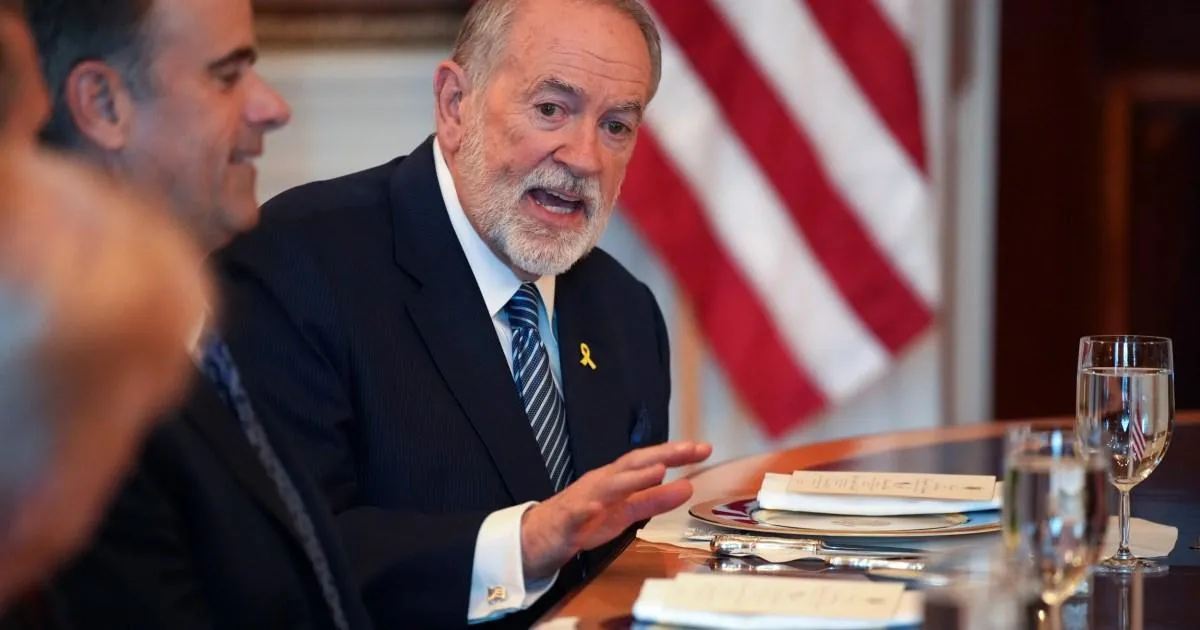

![CORRECTION / Israeli security forces and emergency personnel gather at a site struck by a projectile in Ramat Gan near Tel Aviv on March 3, 2026. The Middle East has becomed gripped by a war triggered by US and Israel launched airstrikes against Iran on February 28, that killed the Islamic republic's supreme leader and other officials. (Photo by Ilia YEFIMOVICH / AFP via Getty Images) / "The erroneous mention[s] appearing in the metadata of this photo by Ilia YEFIMOVICH has been modified in AFP systems in the following manner: [in Ramat Gan near Tel Aviv] instead of [in Tel Aviv]. Please immediately remove the erroneous mention[s] from all your online services and delete it (them) from your servers. If you have been authorized by AFP to distribute it (them) to third parties, please ensure that the same actions are carried out by them. Failure to promptly comply with these instructions will entail liability on your part for any continued or post notification usage. Therefore we thank you very much for all your attention and prompt action. We are sorry for the inconvenience this notification may cause and remain at your disposal for any further information you may require."](https://metro.co.uk/wp-content/uploads/2026/03/SEI_287669902-c747.jpg?quality=90&strip=all&w=646)



